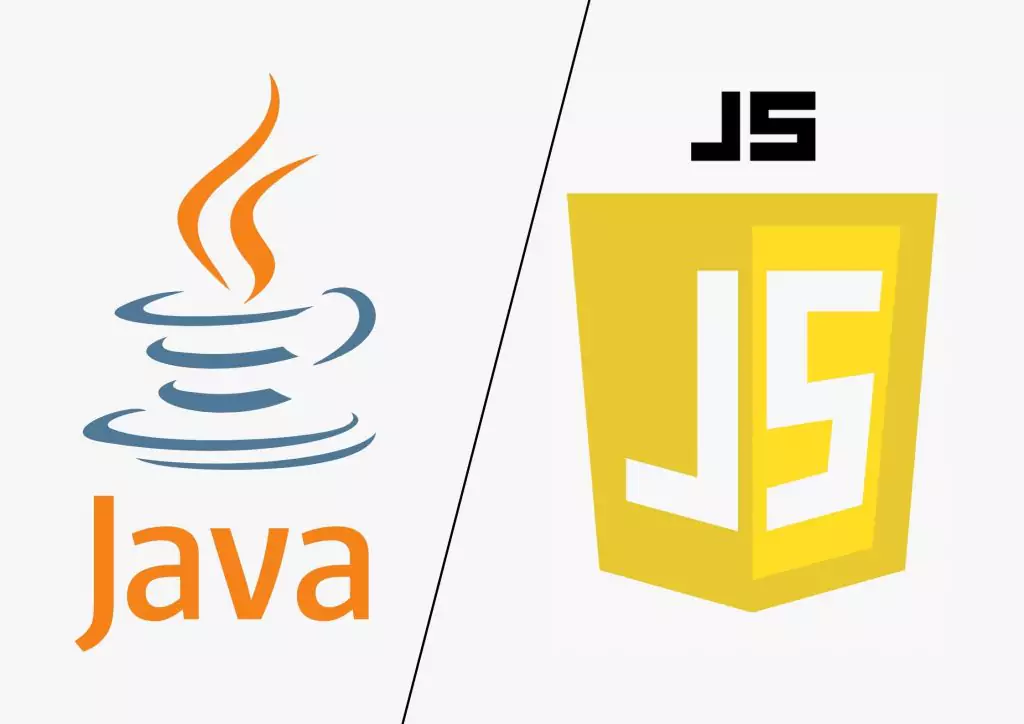While Java and JavaScript may share a part of their names, they are fundamentally different programming languages that serve diverse purposes. This article aims to provide a comprehensive comparison between Java and JavaScript, highlighting their distinct features, use cases, and the factors that set them apart.

✅ AI Essay Writer ✅ AI Detector ✅ Plagchecker ✅ Paraphraser
✅ Summarizer ✅ Citation Generator

Java: An Overview
Java is a versatile, object-oriented programming language developed by Sun Microsystems (now owned by Oracle) in the mid-1990s. Known for its “write once, run anywhere” (WORA) philosophy, Java enables developers to create applications that can run on any device with a Java Virtual Machine (JVM). Java is commonly used for building server-side applications, Android app development, and large-scale enterprise systems.
JavaScript: An Overview
JavaScript, on the other hand, is a scripting language developed by Netscape Communications in the mid-1990s. Initially designed for client-side web development, JavaScript has evolved to support server-side development through platforms like Node.js. JavaScript allows developers to create dynamic, interactive web content, and it is an essential component of modern web development alongside HTML and CSS.
Key Differences Between Java and JavaScript
1. Language Type and Paradigm
Java is a statically-typed, object-oriented programming language that relies on the use of classes and objects to organize code. In contrast, JavaScript is a dynamically-typed, multi-paradigm language that supports object-oriented, imperative, and functional programming styles. JavaScript’s flexibility makes it more accessible to beginners, while Java’s strict type system can help prevent errors in larger, more complex projects.
2. Syntax and Structure
Java’s syntax is influenced by the C and C++ programming languages, and its code is organized into classes and methods. JavaScript, although its syntax is also inspired by C, is more forgiving and has a more flexible structure that accommodates various programming styles.
3. Execution Environment
Java applications require the Java Virtual Machine (JVM) to execute, which translates Java bytecode into machine code for the target platform. JavaScript, conversely, is executed directly by web browsers through their built-in JavaScript engines. This difference in execution environments leads to distinct use cases for each language.
4. Use Cases
Java is primarily used for creating server-side applications, mobile apps (particularly on the Android platform), and large-scale enterprise systems. Learning these applications can sometimes be challenging, and seeking Java academic assistance may be beneficial for understanding more complex concepts. However, with the advent of Node.js, JavaScript has expanded its reach to server-side development as well.
5. Performance
Java typically boasts better performance than JavaScript, owing to its compiled nature and the optimizations provided by the JVM. While JavaScript has seen significant performance improvements through modern browser engines like Google’s V8, it still lags behind Java in terms of raw performance, particularly in computationally intensive tasks.
Conclusion
In summary, Java and JavaScript are distinct programming languages, each with its own unique features and use cases. Java is a powerful, object-oriented language suited for server-side applications and large-scale systems, while JavaScript is a versatile, multi-paradigm language primarily used for client-side web development. Understanding the differences between these languages is crucial for developers to make informed decisions about which language is best suited for their specific projects and requirements.
Read more:
Programming Homework Help Websites: Top 10
JavaScript: A Roadmap for Emerging Coders
Breaking Down the Benefits: Top 5 Reasons Why You Should Learn JavaScript in 2023
Learning to Code: Tips and Insights for Success
Follow us on Reddit for more insights and updates.





Comments (0)
Welcome to A*Help comments!
We’re all about debate and discussion at A*Help.
We value the diverse opinions of users, so you may find points of view that you don’t agree with. And that’s cool. However, there are certain things we’re not OK with: attempts to manipulate our data in any way, for example, or the posting of discriminative, offensive, hateful, or disparaging material.